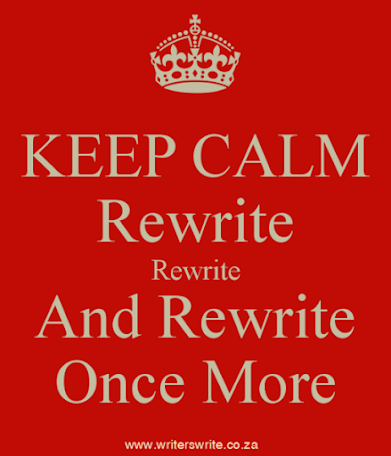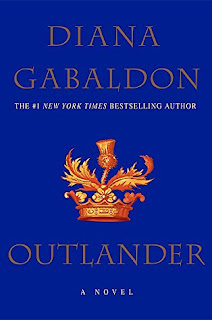Yes, I've won National Novel Writing Month! 50,000 words of a novel over, in my case, 25 days.
What's my reward? Well, bragging rights. Also, I get a novel out of it, and that's no small thing. 99% of all people who attempt to write a novel agree it's horribly difficult to get it finished. The other 1% are friggin' freaks of nature.
This is the fourth time I finished a novel rough draft in thirty days or fewer, so by now I'm pretty sure I can do it. This one was different in couple of ways, though:
First, it's, it's a sequel to a novel that hasn't been published yet, Fire On Mist Creek. The original one, also a romantic comedy, remains in the hands of a very big publisher of romance novels. Unfortunately, after asking for the full manuscript, the editor has had it so long the odds of them buying it are vanishingly slim.
The other unusual thing is that this story is my first novel set during a holiday, specifically Christmas, which you probably figured from the title. Christmas novels are popular among romance readers; on the other hand, I assume their popularity is limited to a certain time of the year.
I shot for a 60,000 word manuscript, but it looks like the story will end up at barely 55,000. That's okay for some romance publishers, but by most standards falls short for a novel. That's something I'll worry about later, when I have the whole thing finished.
So, how do I celebrate? By starting the editing process, of course. One mistake NaNoWriMo participants often make is to immediately start shipping their book around to agents and editors. Unless you're a savant, 50,000 words in 30 days leaves you with a rough draft ... very rough. Mine needs editing. I'll make four or five passes at least, before it's ready. That's the job.
I'll probably polish up the first scene and put it in the newsletter, so people will have an idea of what to expect. When will the whole thing come out? Well ... some Christmas yet to come. That, also, is the job.
(But don't forget our other books are available as gifts THIS Christmas!)
http://markrhunter.com/
https://www.amazon.com/-/e/B0058CL6OO
https://www.barnesandnoble.com/s/"Mark R Hunter"




 Sometimes you have to write wherever you can.
Sometimes you have to write wherever you can.







